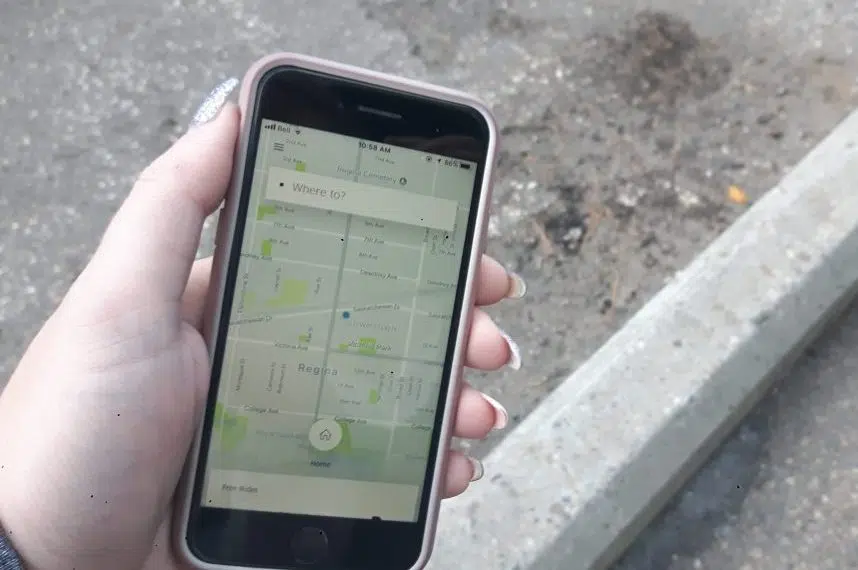Regina could be seeing Uber, Lyft and other ride-sharing companies early in 2019.
Mayor Michael Fougere said a report on ride-sharing is expected to go to community and protective services in January and be forwarded to council from there.
“We waited for the regulations to be passed by the province, that was very late in the year and just our cycle of meetings prevented this from happening in December,” Fougere said,
Saskatoon passed ride-sharing regulations on Monday night.
Fougere said Regina administrators have been in talks with ride-sharing companies and the taxi industry for well over a year about the possibility of bringing it to the Queen City.
“We know the lay of the landscape very well, we know the issues related to what the taxi industry is saying, we know what the ride-share companies are saying as well.”
He said he anticipates people will voice their opinions for and against having ride-sharing in the city, but notes the general feeling he’s gotten from people he’s spoken with is that ride-sharing is necessary.
“It’s important to have that conversation. Competition breeds excellence and when you have competition in any industry, the consumer always benefits from that so I think it’s about time we have it.”
Once the regulations are put in place, Fougere said he anticipates companies to begin working almost immediately.
Residential roads, council meeting time limits raised at meeting
While ride-sharing didn’t make it into the final December city council meeting, several other issues were addressed.
Councillor Bob Hawkins brought forward a notice of motion to limit how long a council meeting can run for, topping out at four-and-a-half hours. The time limit will be discussed at the January council meeting.
Fougere said council will also be changing how it uses the money in the Residential Road Renewal Program.
“We’re going to change the way we apply that so we do more roads. Instead of waiting for work to be done underground and then recapping it, we’re just going to simply go forward and recap more streets.”
He said recapping roads used to be based on a 38-year cycle but now they need to be re-done on a significantly shorter time frame.
“Consumers should see more local streets being done.”
City council also approved a tax emption program for non-profit organizations with a cap of $1.2 million.
Fougere said delegations at the meeting seemed disappointed because they see themselves as losing some support.
Council also approved the sale of land to the Regina Huda School. Fougere said the school is growing – expecting an increase from 600 to 1,000 students is expected- so the school needed more land for classrooms and places of worship.











